Should You Be Counting Your Macros?
Written by Emma WilliamsIt seems like everyone in the strength and conditioning world is counting macros these days, when, just yesterday, everyone was eating a Paleo diet. The concept behind counting macros is that, by meticulously tracking intake of protein, carbohydrates, and fats, and aligning them with prescribed numbers will optimize performance and energy levels, while simultaneously promoting fat loss. This approach to nutrition has been around for a long time, but how do you know if counting macros is right for you?By now, you must have noticed that the common thread in many of my articles is that the answer to the question “is this right for me?” depends on a lot of variables. Among them are current health status, weight and body composition, how well your nutrition is dialed in, your activity levels, your performance, and, of course, your goals.Counting your macros can be a valuable tool for anyone, whether you’re hitting fitness workouts 3-5 times a week, or you’re doing 90-minute sessions 6 times a week. That being said, it’s not the only way to achieve optimal energy levels and body composition.If you know that your current diet is not great, and you don’t look or feel the way you want to, your first priority should be to clean up the quality of your diet. Focus on eating unprocessed whole foods, primarily vegetables and lean meats, as well as healthy carbs like sweet potatoes, potatoes, and rice, and good fats. Priority should be put on attaining adequate levels of protein, and focusing your carb intake around your workouts.If you’re confident that your current diet is ideal, you feel good, and your performance is improving over time, you can probably keep doing what you’re doing and continue to experience gains in strength and improved body composition. For many people, eating intuitively based on appetite works, and you probably don’t need to take it to the next level of strict portion control. If it ain’t broke, don’t fix it!If you’re eating well, but your energy levels are crappy, weight is creeping on, and you’re not experiencing gains in strength and performance, keeping a closer eye on your macros is, at the very least, worth a try. That being said, if you’re experiencing symptoms like these, you could also be dealing with hormonal imbalances, so you should also take a closer look at your lifestyle, and maybe even see a professional to make sure that there’s not an underlying health problem responsible for your symptoms.Many macronutrient-based nutrition systems put a greater emphasis on carbohydrate intake than a standard (which is in my opinion outdated) Paleo approach, which is important, especially if you’re chasing performance goals. On the flipside, however, these diets can sometimes place less emphasis on food quality, and can restrict fat intake to levels that may not be ideal for everyone. It is true that, for the most part, athletes need protein and carbs to fuel workouts and rebuild muscle, but that doesn’t mean that good fats like coconut oil and organic butter from pastured cows don’t contribute to overall health and, ultimately, performance. Micronutrients also play a huge role in how you feel, sleep, and perform, so make sure that if you do go the macro route, you make the most of the fats that you are allowed, and you take steps to ensure that you’re getting in important vitamins, minerals, and antioxidants through food or supplementation.Tinkering with your diet, including manipulating macronutrient ratios, can be a great tool to compliment your training. As long as you continue to place emphasis on food quality, and you commit fully to the work involved in preparing your food in proper portions, it could be a shift that leads to you crushing your goals!**********Looking for help with your diet? We offer personal nutrition consultations, and individualized plans. For more information, contact us here, or speak with Adam or Alecia about how we can help!


